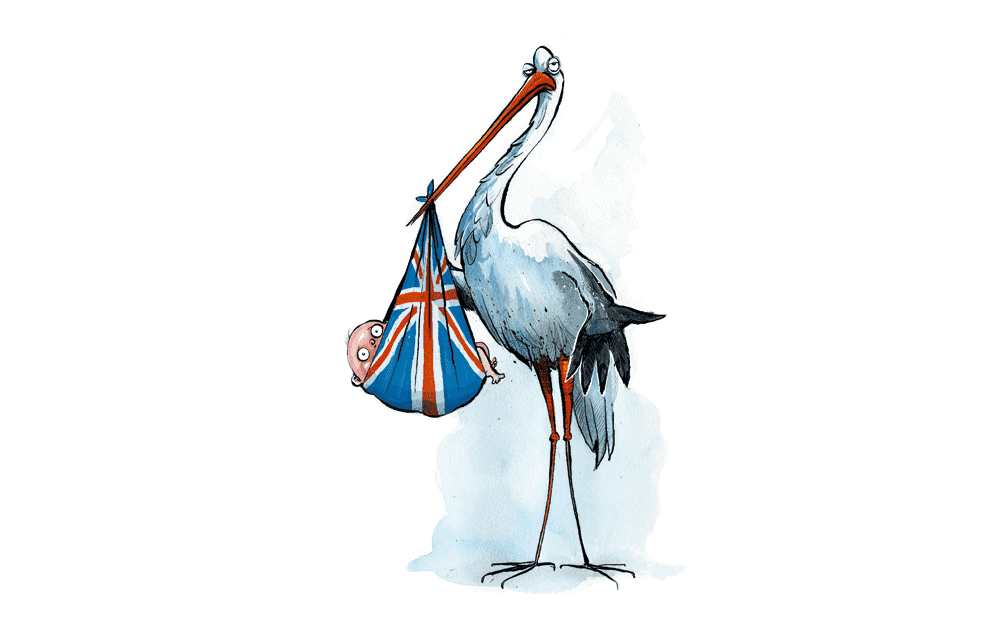Britain is on a slow descent to oblivion. Scotland is even closer to the abyss, with a birth rate of just 1.29, well below the UK’s sub-replacement level of 1.65. It turns out the answer to the West Lothian question is that West Lothian will disappear.
Doomsday demography should matter, but Whitehall is in no way prepared to deal with it. New research published this week found that mental illness in early adulthood could account for up to 60 per cent of future childlessness. A generation too worried to have children spells disaster for countries that need to support ageing societies.
Researchers looking at the populations of Sweden and Finland have drawn a link between dozens of mental health disorders and later childlessness. Women with anxiety in early adulthood end up twice as likely to be childless in later life; women with any form of mental illness in adolescence have half as many children as siblings without mental health problems. For men, drinking your woes away is one of the biggest drivers of later childlessness.
Across the western world, fertility rates are plummeting and mental anguish is soaring
Across the western world, fertility rates are plummeting and mental anguish is soaring. Our children are sadder than they have ever been – once they’ve grown up, sadness is turning them away from family life.
We might not want to admit it but behind this generational gloom lies an epidemic of family separation. Mental health problems tend to have their roots in family life – and the odds are stacked against British children, with a one in three chance of seeing their parents split up by their mid-teens. A recent study by researchers at the Marriage Foundation and the University of Lincoln found that family break up was the single biggest predictor of mental health problems in teenagers. For younger children, NHS data uncovers a threefold increase in mental disorders for under tens who experience parental separation.
Is the West trapped in a horrible spiral? Divorce creates unhappy children and those unhappy children grow up into childless adults.
The secret ingredient to arresting this spiral seems to be marriage. Those who marry tend to stay together while those who don’t tend to separate. Like childbirth, Britain has shifted away from matrimony. Our marriage rates are now at an all-time low; if trends continue, no one will be saying ‘I do’ by 2060.
British society is stacked against family life, with the smallest houses and longest commutes in Europe. Work is fetishised over family life. We’re told there’s something tragic about a stay-at-home dad. But don’t worry, the idea of free childcare for all is catching on in Westminster. The message from the state is clear: give up your children and get to work.
One country arresting the decline is Hungary. Whatever you think of Viktor Orbán, this eastern European state is tackling its population decline with considerable gusto. It seems to be working. Marriage rates have shot up by a dizzying 89 per cent in the last decade. Financial incentives are showered on couples who have children. Those visiting Budapest airport are greeted with a sign welcoming them to ‘family friendly Hungary’. Birth rates have risen from a dismal 1.23 to a less awful, but still very bad, 1.53. Hungarian politicians are unashamed of marriage and promoting family life (even if their record on LGBT issues makes us queasy). Compare this to the reluctance of our own politicians.
Nothing induces stick-your-head-in-the-sand-ism among our political leaders more than talk of population decline. Pillaging foreign states for labour is one morally dubious way out. The other is to follow the lead of Hungary and get serious about family life. One day we might even fly a ‘family friendly Britain’ sign over Heathrow.






Comments